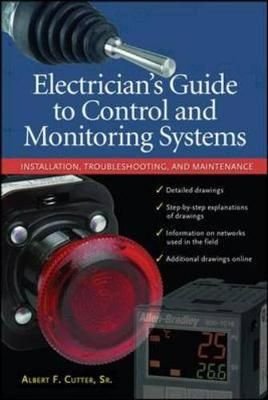Hyperactivity has historically been a major concern of parents and teachers. Over the years, the term has come to mean many things to different persons. For some, the term is synonymous with “brain damage,” and the prescribed course of treatment is medical. For others, the term is a catchÂ- all, covering almost any behaviors that are found to be obtrusive or disrupÂ- tive by the child’s caretakers. In recent years, there has been a great outcry by some over the use and abuse of the term as a justification for controlling the child. Others have expressed great concern over the excessive, inapproÂ- priate, or poorly monitored use of drug therapy with regard to hyperactivity. The current interest in hyperactive children is reflected in several major books (Cantwell, 1975; Feingold, 1975; Fine, 1977; Ross and Ross, 1976; Wender, 1973; Safer and Allen, 1976; Stewart and Olds, 1973). The numÂ- ber of published papers and symposia over the last several years is also voluminous. The main questions posed by practitioners revolve around intervention with the hyperactive child. The growing literature on intervention has identified a variety of approaches with demonstrated utility; including drug therapy, behavior modification, biofeedback, sensory-motor training, cogÂ- nitive training, environmental manipulations, and family therapy.












